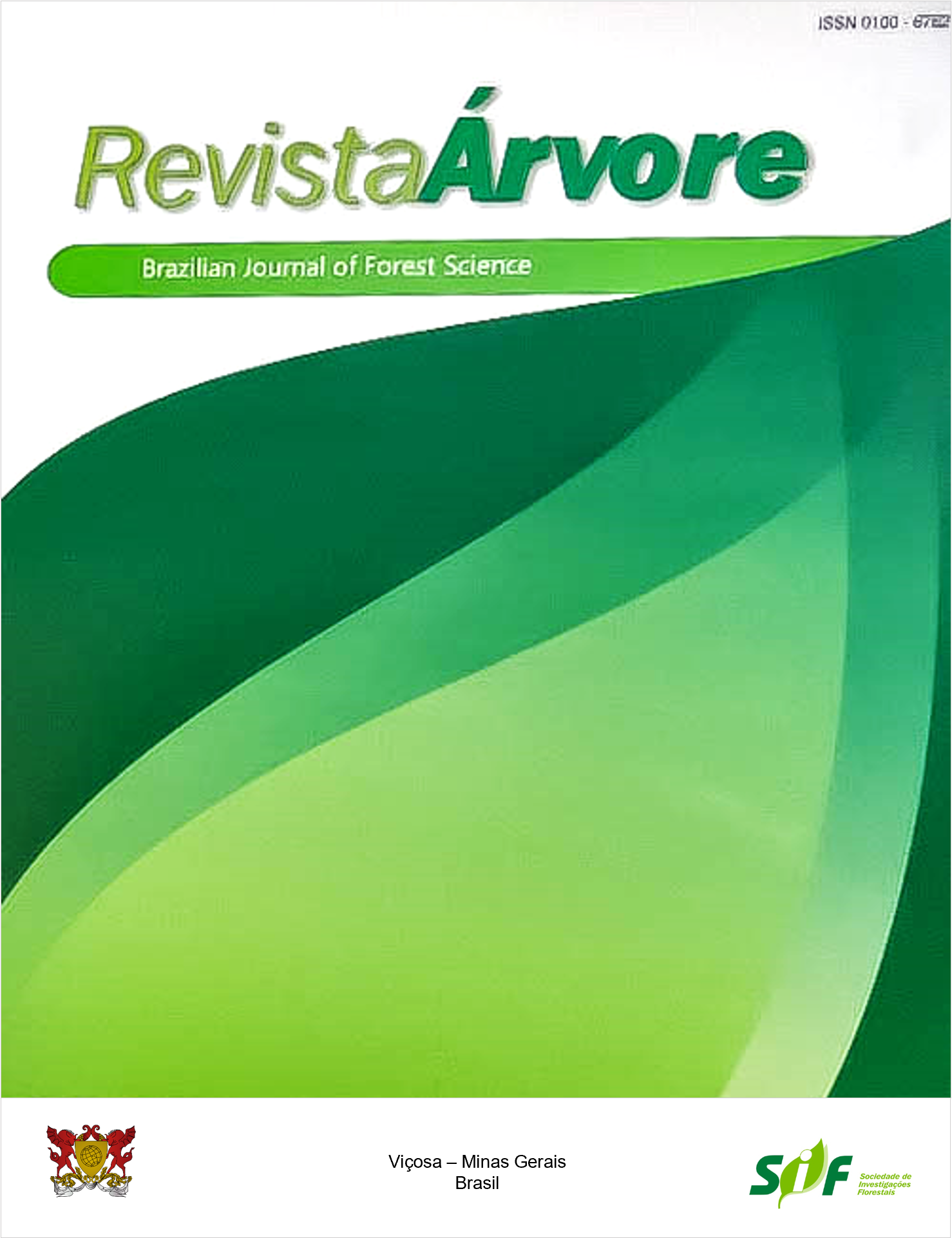SELECTION OF EUCALYPT CLONES WITH HIGHER STABILITY IN PULP YIELD
Keywords:
Eucalypt breeding, Wood quality, Clones x environments interactionAbstract
Forest exploitation is conducted in thousands of hectares in Brazil and presents a wide variation in environmental conditions in terms of soil, climate and even management, so identifying clones that may be recommended for these various conditions is a major challenge. In this recommendation, one important character is the mean annual increment in cellulose (MAICEL). This study aimed to evaluate the interaction of different clones and environments for MAICEL in order to verify whether the origin of clone selection affects their performance in other regions and to identify clones based on adaptability. MAICEL data were used for the evaluation of clones from Suzano S.A. in five environments distributed in the states of Espírito Santo, São Paulo, and Mato Grosso do Sul. Clonal tests were arranged in a randomized block design with plots of one plant. Data on MAICEL of the trees at five years were submitted to analysis of variance per environment and, subsequently, to the joint analysis. The clones x environments interaction was expressive for MAICEL, however, the origin of selection does not affect the performance of clones when grown in other regions. Some clones stood out for their adaptability, allowing more security to the company on the recommendation for different environments.
Keywords: Eucalypt breeding; Wood quality; Clones x environments interaction
Downloads
Published
How to Cite
Issue
Section
License
Copyright (c) 2021 Revista Árvore

This work is licensed under a Creative Commons Attribution 4.0 International License.
All authors agreed to submit the work to Revista Árvore and granted the exclusive license to publish the article. The authors affirm that it is an original work and has not been previously published elsewhere. The scientific content and opinions expressed in the article are the sole responsibility of the authors and reflect their opinions, not necessarily representing the opinions of the editorial board of Revista Árvore or of the Society of Forest Investigations (SIF).




